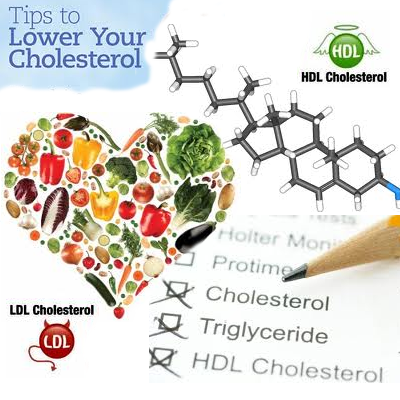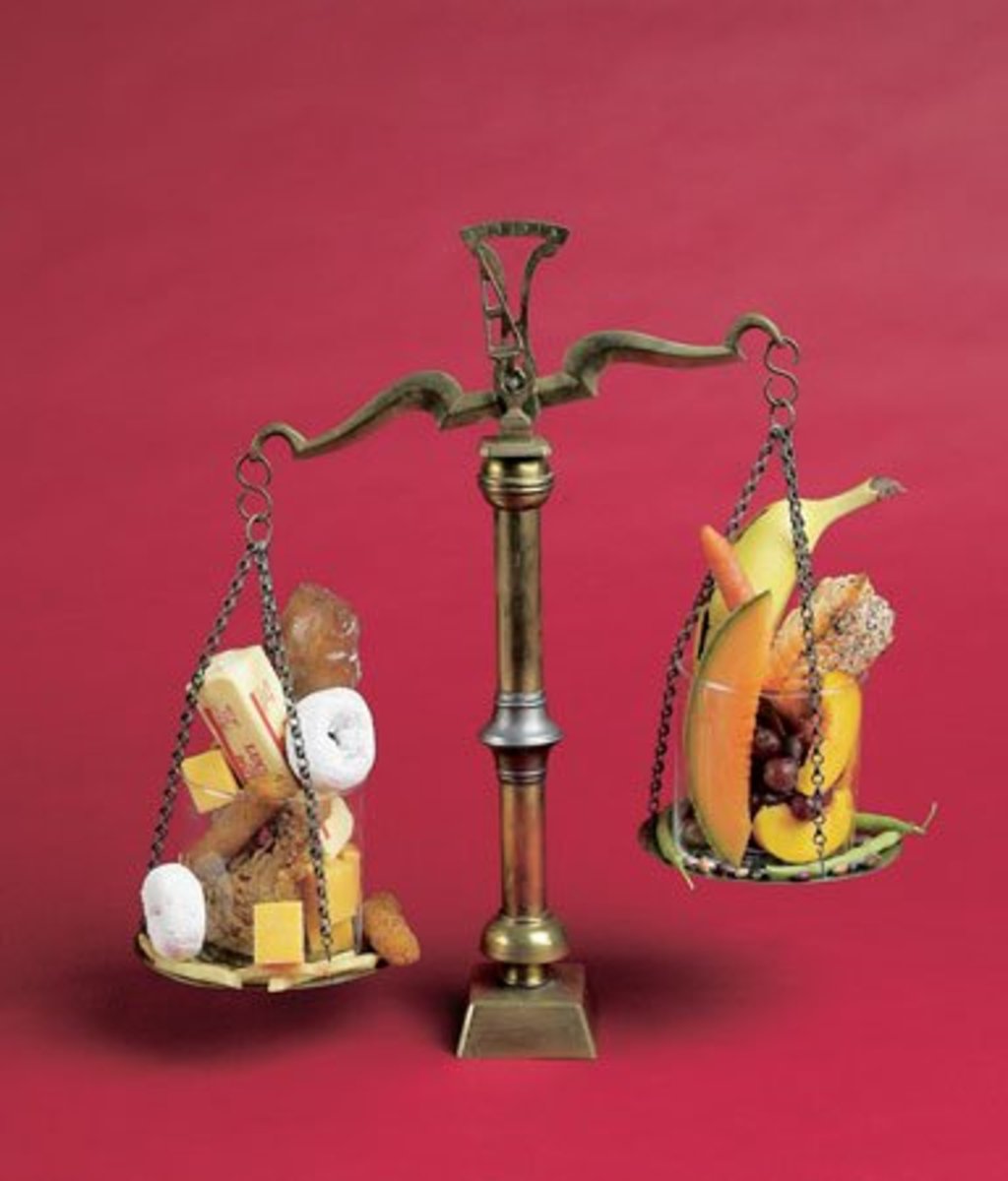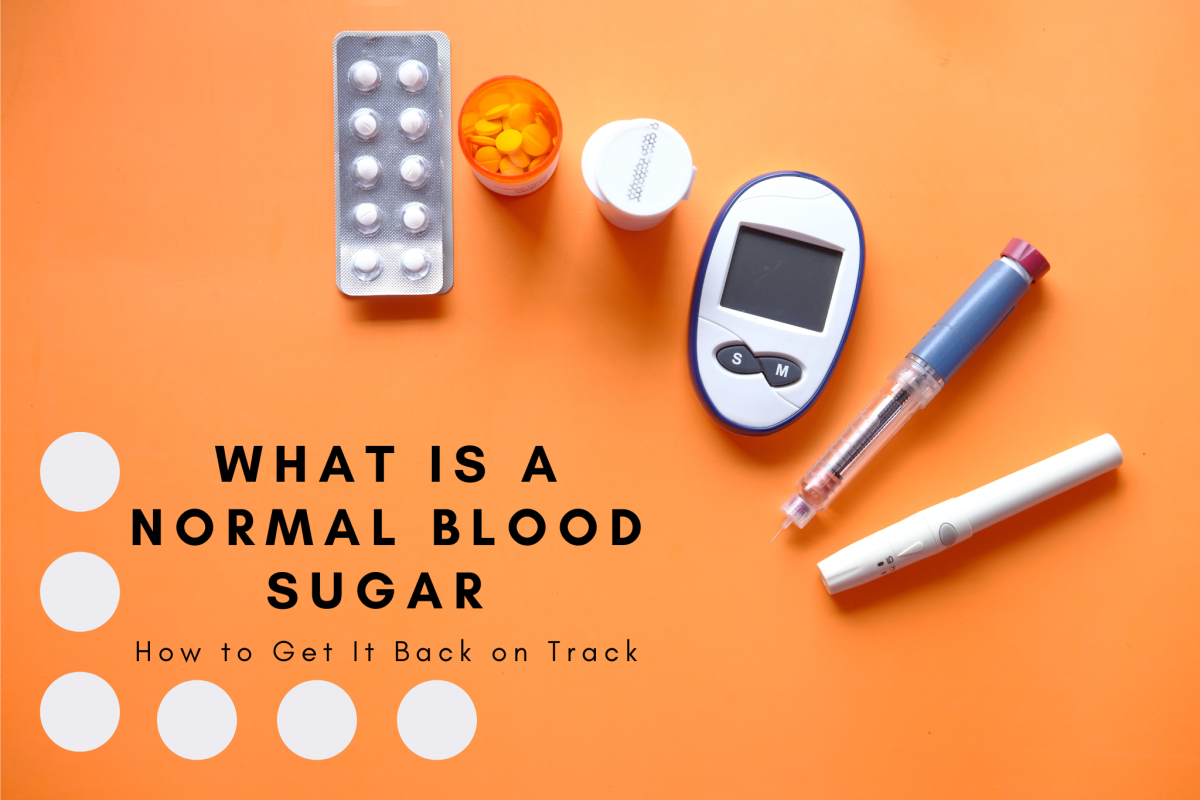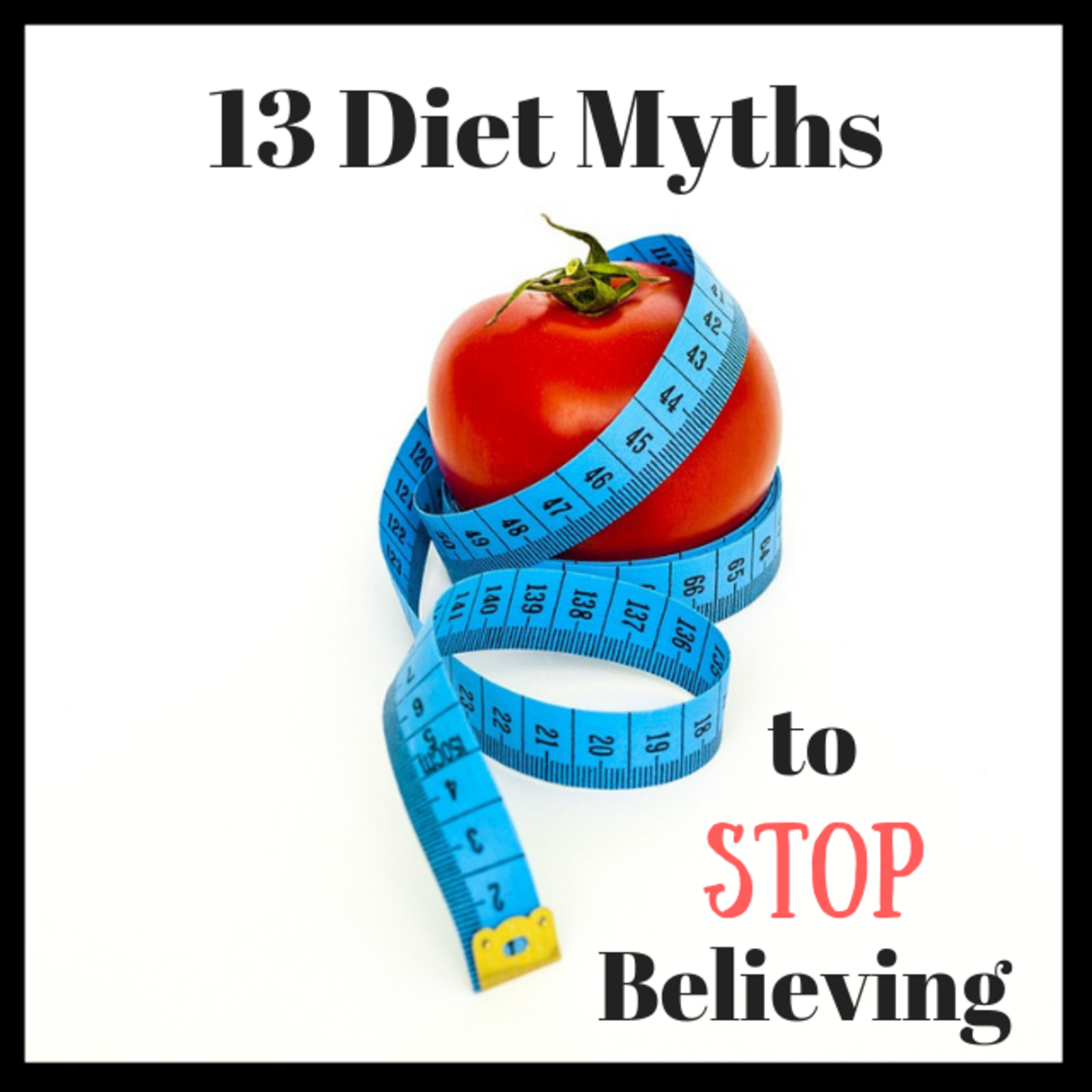Tips on how to reduce bad cholesterol

If you’ve just recently had a blood test and your Doctor tells you that your cholesterol is higher than it should be, your doctor will advise you on how best to tackle it. In most cases it would be to modify your diet. If you're looking to lower cholesterol through a healthy diet then you may find the following information on reducing bad cholesterol useful.
Many people are coming to realise that raised cholesterol levels is a common problem, but there are a lot of things you can do by yourself without any cost to help lower your cholesterol.
What is cholesterol?
Cholesterol is a fatty substance found in the blood. The liver produces Cholesterol in the body, it is also absorbed from foods such as butter, eggs, fried foods and so on. Although Cholesterol is essential for good health it can however become a problem when the level of the bad Cholesterol in your blood increases - a high bad cholesterol level increases the risk of heart disease.
In the body Cholesterol is carried around the blood in cells known as lipoproteins. Lipoproteins consist of two main types:
LDL (low density lipoprotein) is the 'bad' type of cholesterol. Too much LDL bad cholesterol in the blood, leads to slow build up in the arteries, resulting in them narrowing, therefore increasing the risk of heart disease and or in severe cases heart attack.
HDL (high density lipoprotein) is the 'good' type of cholesterol. Helping to remove surplus cholesterol from the bloodstream and returning it to the liver, where it can then be broken down and passed out of your body.
To learn how to reduce bad cholesterol is not rocket science and anyone can do it. Listed below are some useful tips to reduce increased levels through controlled diet and exercise.
What is normal cholesterol level?
The government recommends people should have a total cholesterol (TC) level of 5.0mmol/l or less, about two out of every three people in the UK have a higher level.
Doctors also consider other measurements such as LDL cholesterol levels and HDL cholesterol they also take the ratio between total cholesterol and HDL cholesterol. The recommended level for LDL cholesterol is under 3mmol/l.
How to reduce Bad Cholesterol video?
Lowering Cholestrol aids
What foods lower bad cholesterol?
Try your best to cut back on bad cholesterol (Trans and saturated) fats and replace them with good unsaturated fats. Simple way to start is to swap butter for an unsaturated spreads like sunflower, olive or Flora, change lard for vegetable oils, fatty meat for lean meat, chicken without skin or go for fish, and do away with the full-fat milk for skimmed milk.
Go for foods that are starchy carbohydrates like bread, grains, pasta, rice or potatoes. These food types will provide energy and RDA amounts of dietary fibre, vitamins and minerals. Opt for the wholegrain options with a good helping of fruit and vegetables to balance things out.
Poultry & Fish – Go for leaner meat, such as poultry and fish, these food types do not contain as much saturated fat and therefore can aid in reducing bad cholesterol. Fish also provides you with omega-3 fatty acids that are integral in promoting heart and joint health.
Whole Grains - Always select whole-grain or wheat bread and eat plenty of oatmeal. According to the AHO, oatmeal contains soluble fibre that reduces your cholesterol and your risk to diabetes and colon cancer.
Vegetables and Fruit – Eating these food types lowers your cholesterol. Eating meals with vegetables and fruit will provide you with a full dose of nutrition instead of bad fats.
Olive Oil –Use olive oil to cook. Olive oil contains a large amount of antioxidants that are vital in reducing cholesterol.
Eat Nuts - Eating some nuts every day, has been proven to reduce cholesterol. Keep them on your dining table and instead of eating sugary or fatty foods munch on a few of these nuts when you feel peckish.
Along with changing your diet to reduce bad cholesterol you should also consider taking up regular exercising. Regular exercise can raise HDL cholesterol by up to 10%. These benefits come even with moderate exercise, such as brisk walking. You must seek medical advice if your feel that your diet and exercise has not made a difference, ask for blood tests and make sure that your cholesterol level is kept in check.









